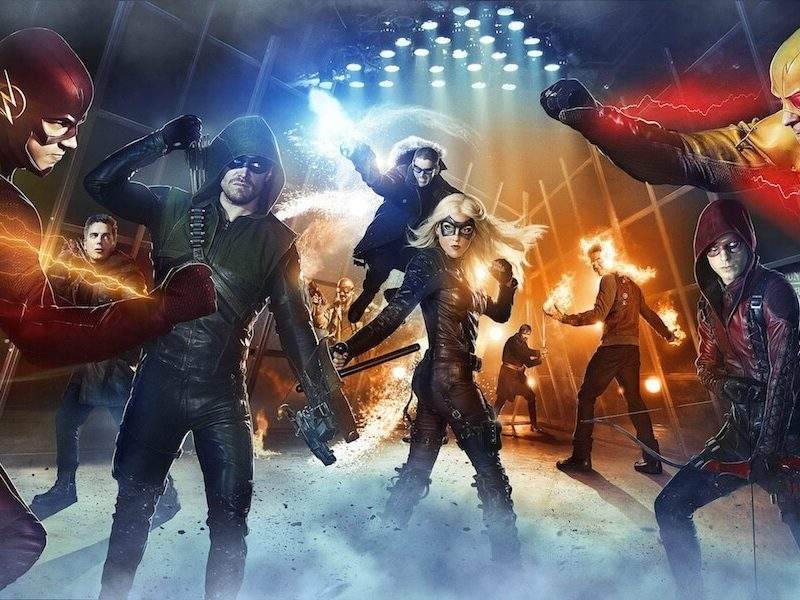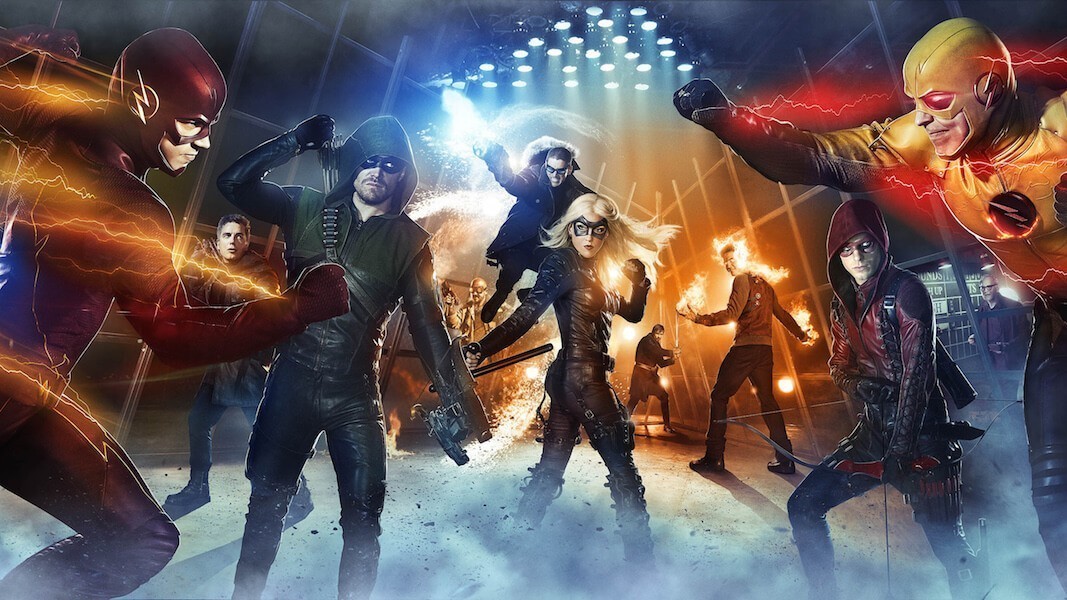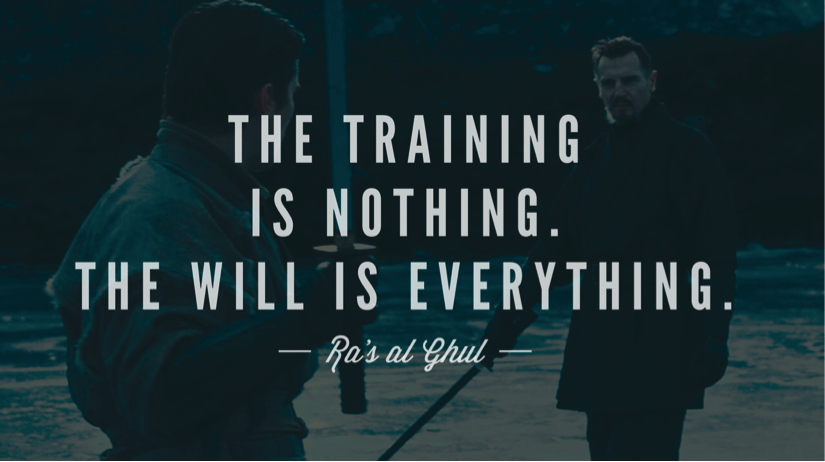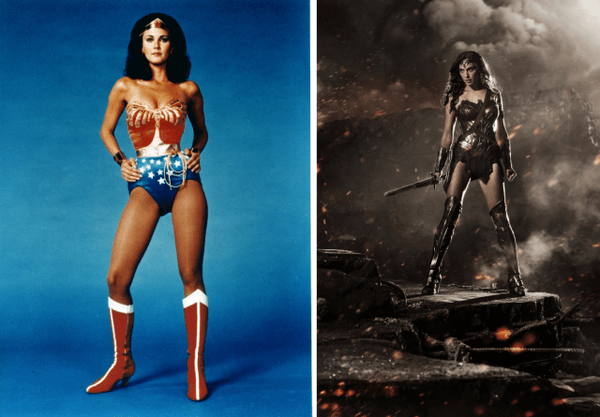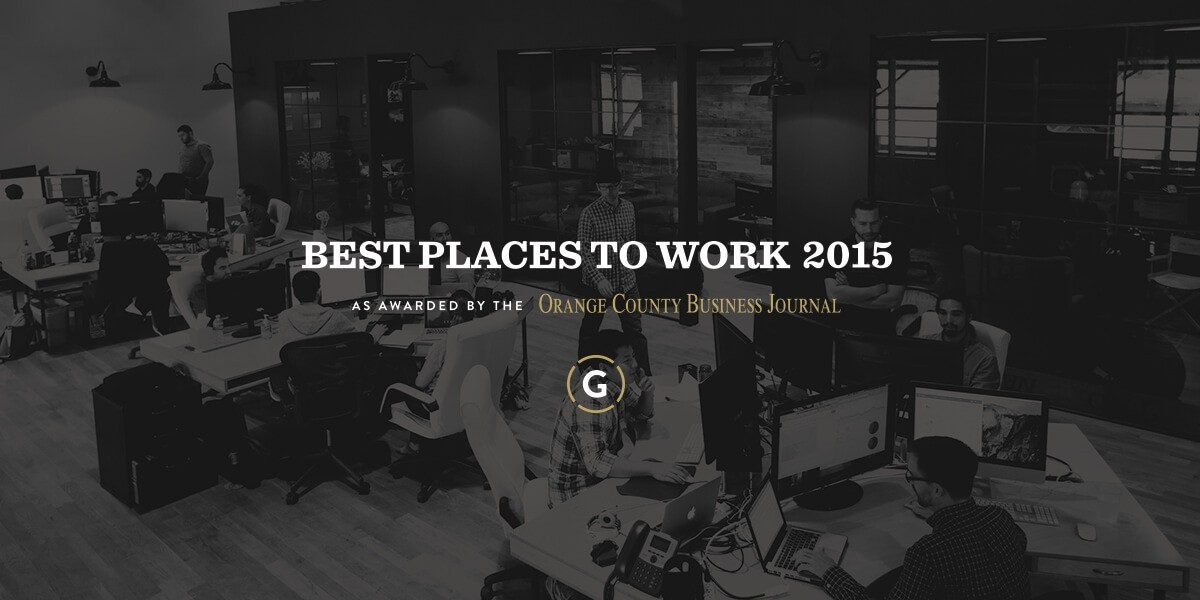Superheroes. Wizards. Jedi. Slayers. As with any good fiction that endures, we are captivated by the hero story. It is no question that tales of the hero capture a wide audience across the full spectrum of generations, genders, and classes.
Heroes resonate with us all—and for good reason. Superheroes, if you think about it, have lots of valuable know-how to share. Perhaps that is why Superman has fans as old as 80 and as young as eight. Perhaps this is why the super conference, Comic-Con, which wrapped up its annual takeover of San Diego this summer, had its largest attendee numbers yet, a whopping 140,000 fans.
Aside from the obvious (superheroes rule the world), there are things we can learn from their soaring popularity that can help us in business, in marketing, and even life in general. For anyone that works in an agency, or any area of marketing, there are lessons we can glean from our superhero friends to help grow our brand and succeed in the dog-eat-dog world of creative marketing agencies.
The question is, can you learn how to bring your inner hero to work? You bet. Start with these valuable lessons our favorite heroes teach us about surviving and thriving in the marketing agency world.
Essential Marketing Lessons From Our Favorite Heroes
You Need Your Team
Superheroes present the perfect example that there is no I in Team. Harry would not have defeated Voldemort without Ron and Hermione (among others), Buffy’s Scooby Gang bore the brunt of the world at times (even Xander saved the world!), and Batman, while perhaps the lone-wolf extraordinaire, still managed to acquire a few confidants along the way.
Your team may be the Justice League—a constellation of people with superpowers all melding into one unstoppable tour-de-force. Or your team may be a haphazard mishmash of people with abilities, personalities, and talents that span across a wider spectrum than Middle Earth.
Whatever it is, know this—no one is an island, and it would be impossible to succeed without the solid backing of a team you can trust. So whatever you need to do to make it happen, create and hold on to a good team. After all—that team, and your friends, and what make or break your endeavors, and ultimately lead to (hopefully) your victory.
The Will is More Important Than the Way
Superheroes persevere. When a situation seems impossible and hopeless, even after they have tried and tried again, they hang in there—and keep trying and trying again if need be. For many heroes, the will to persevere in the face of frustrating circumstances is in and of itself a superpower.
Talent and intellect are very important, but, just like Batman’s physical prowess, they can only get you so far. In our industry, we have a surplus of smart people and talented individuals. Those who stand out are the ones who truly want it—and want it more than anything else. What’s that saying? “When you want to succeed more than you want to breathe…”
Keep learning and keep expanding your skillsets. But know that at the end of the day, the path to success—in life, your job, when saving the world— is most likely paved with the sheer will you have to succeed.
Be Both the Hero and the Anti-Hero
Since the beginning of printed stories, the hero has endured, and the hero’s journey theme has been universal, regardless of time, place, characters, and authors. What starts out with a milestone moment then catapults an ordinary person into something extraordinary, pushing them on a journey where they will fight wrongs, do battle with the anti-hero, learn their weakness, find out they are connected to their dark side (anti-hero), learn to bear witness to such things, accept their dark side as part of the light, and then find their way back home. Got it? Good.
Now here is the most important part of that whole story. The anti-hero. Yes, the anti-hero. The hero’s journey always shows the hero as someone with faults, someone who messes up, and has personality and variable traits often deemed less than perfect. What’s more, the hero is always connected to the anti-hero. Harry was not the smartest in class, had a tendency to rebel just enough to keep him interesting, and connected in both energy and destiny to Voldemort. Buffy slacked off, made reckless choices, picked some pretty bad dates, and whether it was The Master, Eve, or The First, had a destiny and history that entangled her journey with the “big bad.” Batman has always been pretty dark, and Bruce Wayne—a spoiled playboy. Iron Man was a symbol of corporate supremacy driven by many selfish ascents up a ladder where weaker links were left to be crushed under his iron boot.
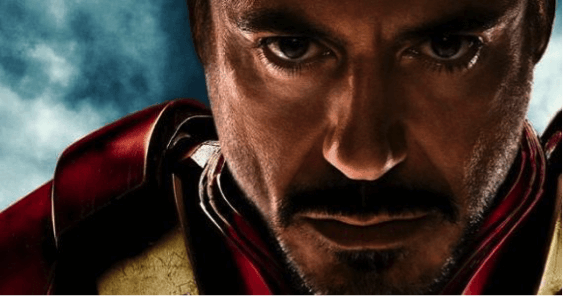
Yet here is the crux—in an era that was not particularly kind to industrial strength and military innovation, Iron Man redirected the Hollywood industry when the modern retelling premiered in 2008. The unlikely hero soared in popularity despite the war-fatigued and divided audience it aimed to entertain. Why? Because Iron Man, in all his battle-hungry, genius, selfish glory, was a faulty hero with traits that resonated with being human, and with the multi-faceted thoughts, feelings, and actions that encapsulate the human experience for all of us.
So what does this mean for us as marketers? Brands, whether a product, service, or person, need to denote humanity in order to identify with and capture an audience. And to be human, it is not enough to be the almighty hero. To be human is to have faults. In short, don’t try to be perfect…no one likes it, and no one will buy it.
Know Your Brand and Know Your Story
The more you know your brand, the more you can deviate from the structure of the brand without losing any identity. The hero universe is a perfect example of solid brand identity. That is why there can be three Supermen, ten different bat dudes in different suits, and books, movies, shows, rides, and games spanning multiple decades, with multiple creators, and countless storytellers. No matter what, Batman will always be the Dark Knight. Superman, whether portrayed flawlessly by the late great Christopher Reeve or reimagined through the eyes of Zack Snyder, is always the Man of Steel.
The reason superheroes can survive and thrive through countless iterations and presentations lies within the brand itself. Knowing the brand to its very core allows storytellers to deviate from the norm, to tell the same story fifty million different ways, whilst remaining true to the brand. It is what keeps an audience coming back for more—and even more still.
Take heed from our favorite superheroes, past and present, and learn your brand. Know your story at its core so you can tell it from every angle and in every passing year. Because the more you know, the more you can find and keep your audience and loyal fans.
In marketing, just as with the art of storytelling, the superhero reigns supreme. Understanding the reasons why Batman and Wonder Woman still capture our hearts (and pocketbooks) is the key to harnessing the very same power toward your company, brand, and services you market.
When in doubt, just remember: Be yourself, find your team, light a fire under your butt, and for the love of Pete—tell a damn good story.
